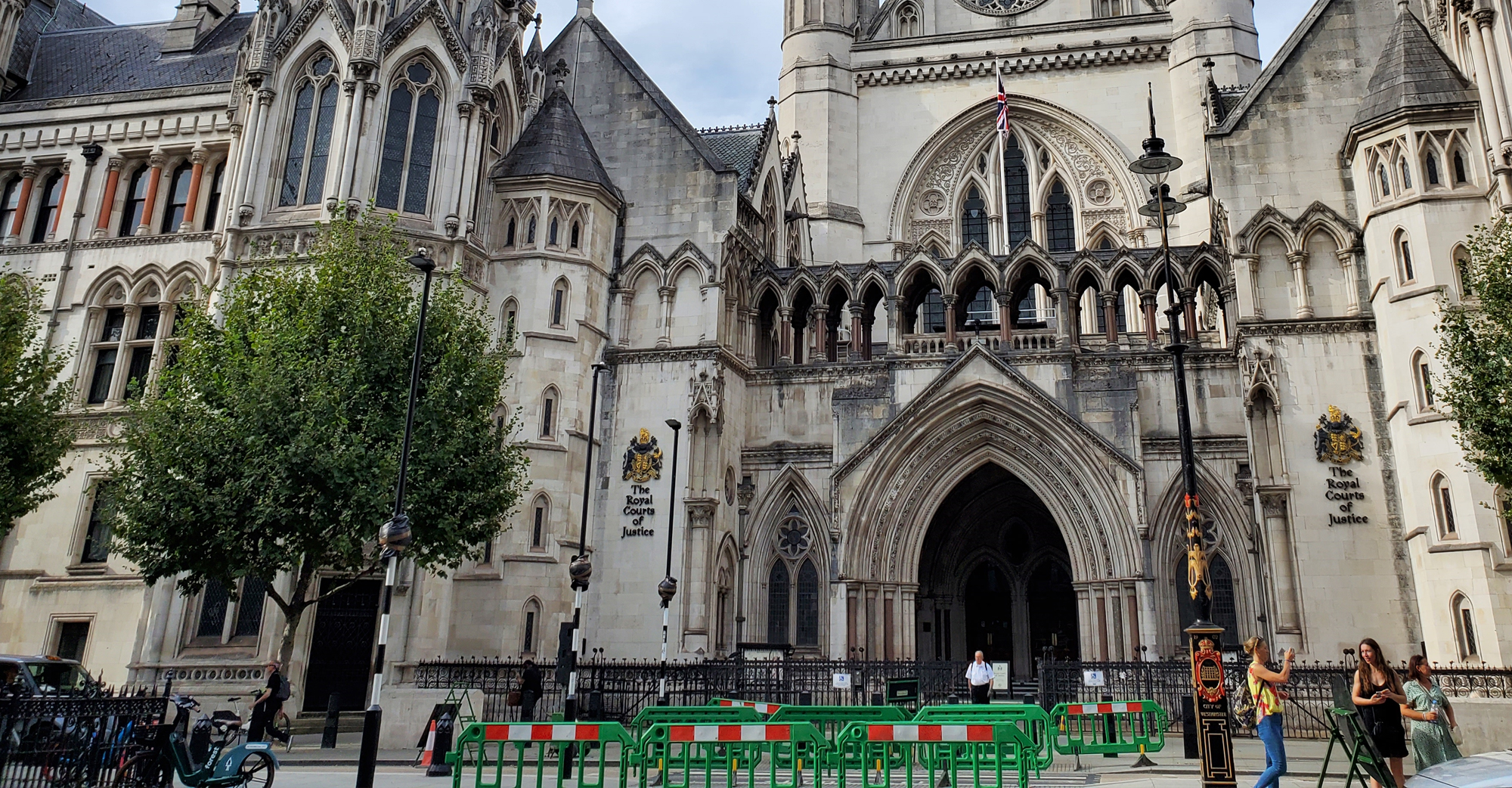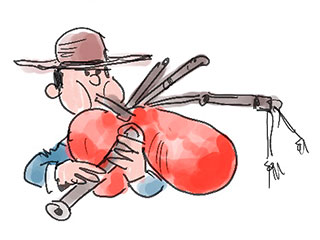Who invented the bagpipe? Did Alexander the Great ever lose a battle? These and more are in our latest travel trivia game.

Fun with Traveling Boy


Fun with Traveling Boy

Who invented the bagpipe? Did Alexander the Great ever lose a battle? These and more are in our latest travel trivia game.